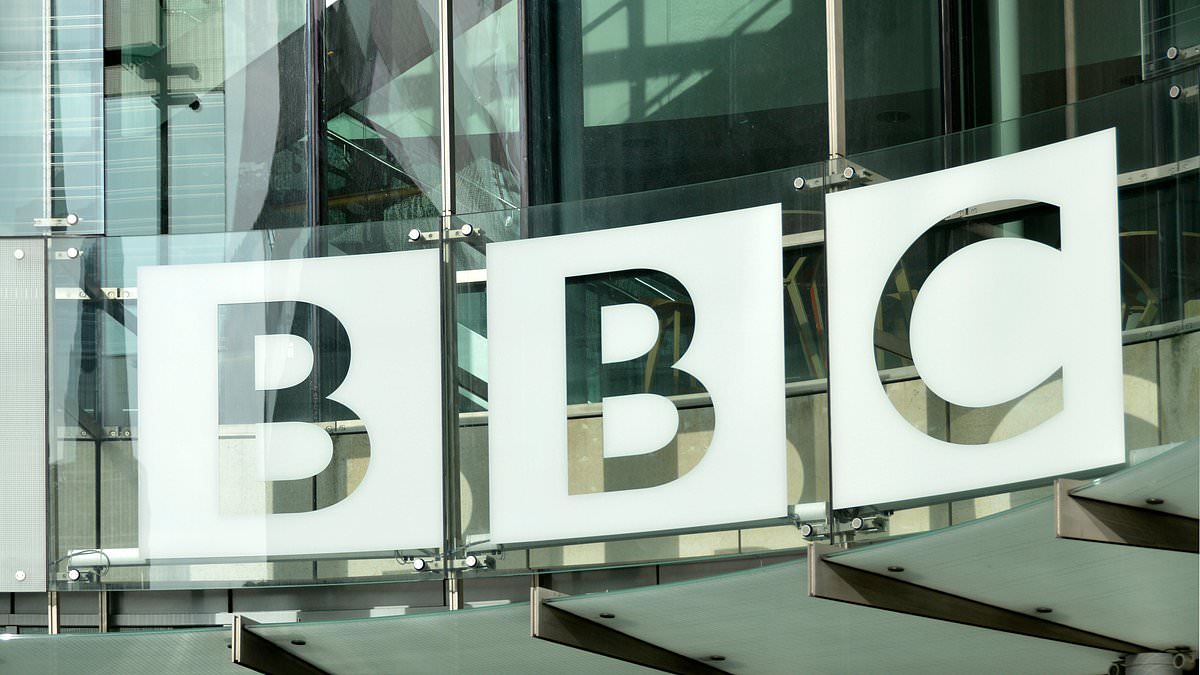A BBC News report gave a ‘misleading impression’ about evidence that trans women’s milk is as good for babies as breast milk.
A probe by the corporation’s complaints unit found that the broadcast had broken its rules on accuracy.
The Context on the BBC News channel had discussed claims about the nutritional value of milk produced by trans women, which is achieved with the help of drugs.
The corporation’s Executive Complaints Unit found the show had ‘failed to give due weight to an appropriate range of views’ on the subject.
Complaints bosses said they had ‘found limited evidence to support the claim’ that transgender women’s milk was as good for babies as breast milk and this was not properly reflected in the broadcast.
The discussion, on February 19, was prompted by a leaked letter from a medical director of a NHS trust who claimed the milk was comparable.
The programme was also found to have given a ‘misleading impression’ that World Health Organisation evidence would support the claims in the leaked letter.
The ECU also pointed out that a guest who stated there was ‘persuasive evidence’ to support its nutritional value had a ‘lack of any specialist knowledge’ on the subject.
Kate Luxion, described as a ‘research fellow’ at University College, London, had appeared on the show.
The report said it should have been made clear to the audience more research was needed before conclusions like hers could be made.
The programme had sparked complaints to the BBC, with concerns that the science cited in the letter was ‘accepted without question’ and that the evidence had been misrepresented. There were also concerns about whether Ms Luxion was a ‘neutral expert’.
The ECU said the ‘weight of relevant evidence’ on the subject was not made ‘sufficiently clear’ and viewers would have ‘been left with a materially misleading impression’.
It added the programme had failed to give ‘due weight’ to an ‘appropriate range of views’ on a ‘controversial issue’.
The ECU said elements of the complaints had been resolved as the programme-makers had already told the complainant that some of the script should have been ‘clearer’ and that another contributor should have been interviewed.
It added there had also been a posting on the subject on the BBC complaints page of its website.
But it upheld a complaint in relation to accuracy.
